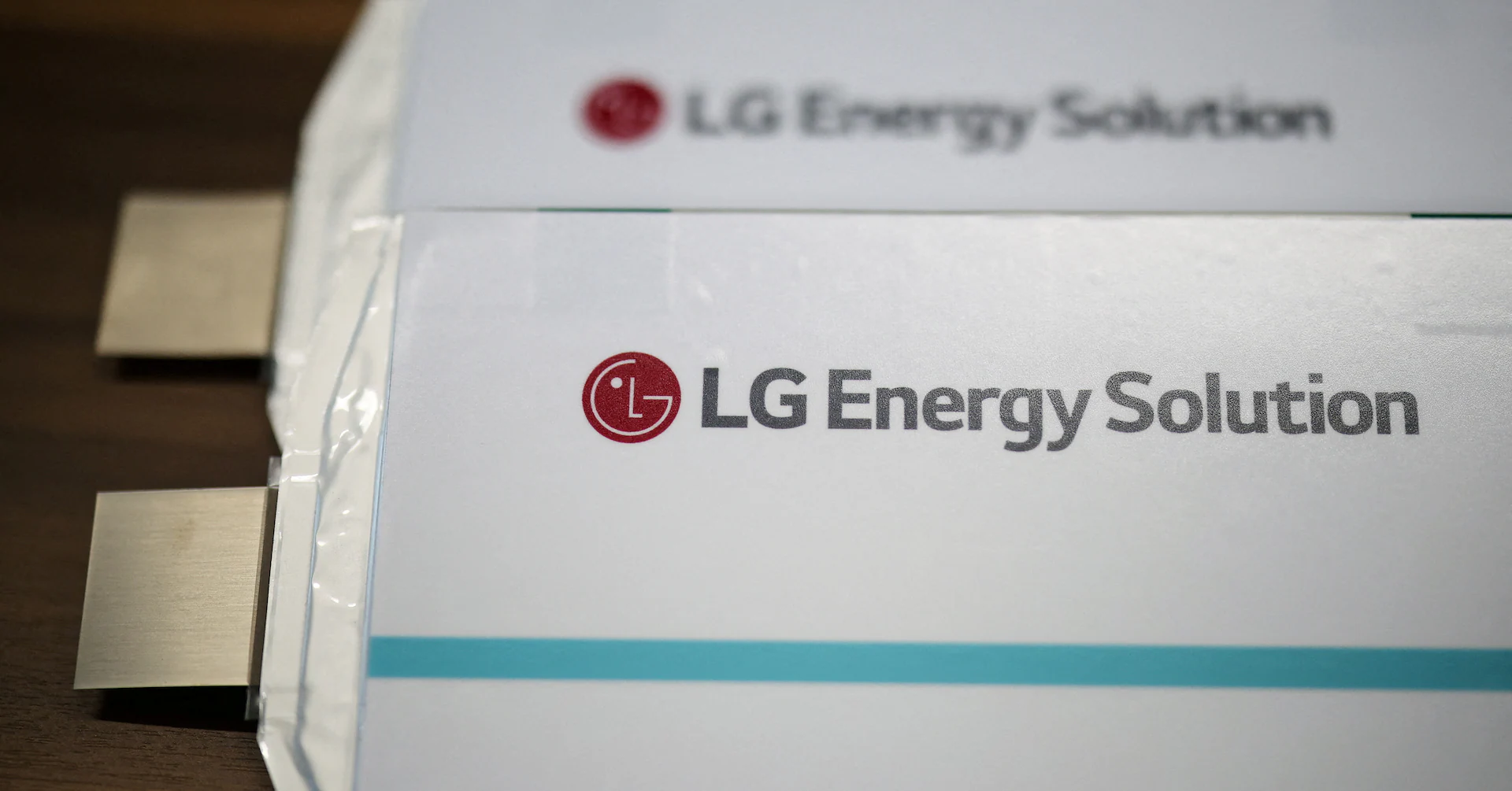India sends more skilled workers to the US than any other country. Trump’s visa hike has sparked panic

By Rhea Mogul, John Liu, CNN
(CNN) — A wave of panic and confusion has spread through Indian communities and the global tech industry, following US President Donald Trump’s surprise order imposing a $100,000 fee for the H-1B visa, impacting the largest group of beneficiaries of the skilled-worker program.
The initial announcement on Friday ignited immediate and widespread confusion, culminating in chaotic scenes like the one aboard an Emirates flight from San Francisco to Dubai. The plane was stuck on the tarmac for three hours as H-1B holders scrambled to understand if they would be able to re-enter the country.
Video of the incident verified by CNN appears to show the captain attempting to calm the nerves of worried passengers on board.
“Due to the current circumstances, obviously they’re unprecedented for us here at Emirates,” he can be heard saying over the speaker of the plane as confused passengers check their phones. “We are aware that a number of passengers do not wish to travel with us. That’s perfectly fine.”
CNN has contacted Emirates for a response.
Masud Rana, who was on the flight and filmed the video, called the situation “complete chaos,” in an Instagram post, adding it created “panic among many – particularly Indian passengers – who even chose to leave the aircraft.”
Washington has justified its latest immigration crackdown as a necessary measure to curb what it describes as “systemic abuse” of the program and to encourage the hiring of American workers.
The H-1B visa is a work visa that’s valid for three years and can be renewed for another three years. Economists have argued the program allows US companies to maintain competitiveness and grow their business, creating more jobs in the US.
But Trump’s new move is set to disproportionately impact skilled professionals from India, who have consistently accounted for the majority of approved applications in recent years, threatening to upend the career paths of hundreds of thousands of individuals and disrupt the business models of tech firms reliant on global talent.
The H-1B visa fee “is likely to have humanitarian consequences by way of the disruption caused for families,” India’s Ministry of External Affairs said in a statement Saturday, adding it hopes that the “disruptions can be addressed suitably by the US authorities.”
The White House later clarified the $100,000 visa fee will apply only to new H-1B applications.
For decades, the H-1B visa has served as a gateway for some of India’s brightest minds to enter the US workforce, acting as a crucial launchpad for building long-term careers in America.
This has not only allowed skilled Indian professionals to contribute their expertise but in many ways, enabled them to become deeply integrated into the fabric of American innovation.
The most striking evidence of this success is visible across the top leadership of today’s tech giants: Microsoft’s Satya Nadella, Alphabet’s Sundar Pichai, IBM’s Arvind Krishna, and Adobe’s Shantanu Narayen were all born in India and earned degrees from American universities.
India’s National Association of Software and Service Companies (NASSCOM), a non-governmental trade association and advocacy group, said the new order “can potentially have ripple effects on America’s innovation ecosystem and the wider job economy.”
According to data from US Citizenship and Immigration Services for the 2025 fiscal year, which ends at the end of this month, Amazon has been the leading beneficiary of the H-1B program, securing approximately 10,000 visas. The second-largest recipient was Indian tech giant Tata Consultancy Services (TCS), with just over 5,500 approved petitions.
Under the new $100,000 visa fee, that level of hiring would translate to a staggering potential cost of $1 billion for Amazon and $550 million for TCS for a single year’s applicants.
CNN has reached out to several of the largest Indian beneficiaries of the H-1B visa program for comments, including TCS, Cognizant Technology Solutions, HCL Tech, Infosys, Wipro, Tech Mahindra, LTIMindtree, and Mphasis.
However, according to analysts at Nomura, these IT service providers are not expected to simply absorb the cost.
In a research note, the Japanese financial services group predicted the fee will likely accelerate a strategic shift towards increased offshoring and automation. It also forecast a rise in hiring in “near-shore” locations like Mexico and Canada, with the costly H-1B visa being reserved only for “extremely critical roles” where local talent is unavailable.
India slammed by Trump tariffs
The visa announcement represents a new front in the Trump administration’s escalating economic pressure on India.
The move follows last month’s imposition of 50% tariffs on Indian goods, which the White House justified as a punitive measure for India’s importation of Russian oil.
“Service exports have finally been dragged into the ongoing global trade and tech war,” wrote Madhavi Arora, chief economist at Emkay Global Financial Services, in a note on Sunday.
However, Arora also argued that the policy could have an unexpected upside for India, potentially bringing talent back home.
While it could concentrate top professionals within India’s largest tech firms, she said it could also “catalyze India’s transformation into a more powerful global innovation and delivery hub.”
Mumbai resident Ashok Gupta agrees.
“It is a loss for America not India,” he told Reuters. “Those people who go abroad and can’t pay that much money, they will open their offices here. When they will work here, India, which is already on the way of progress, will progress more.”
The-CNN-Wire
™ & © 2025 Cable News Network, Inc., a Warner Bros. Discovery Company. All rights reserved.
CNN’s Martin Goillandeau contributed reporting



